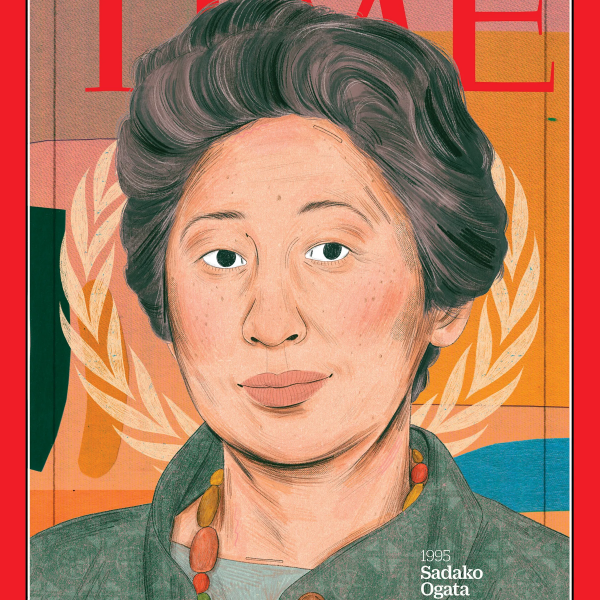This was my first time seeing "Nothing But a Man." in fact, I had never heard of the movie at all. There were several themes that emerged while watching that I wanted to reflect upon. The first of these is the absentee father role. Duff, who had apparently not been in contact with his father in a very long time, became his father by not being in contact with his son for over 2 years. I felt immediately that this was relevant to the Black family today. Black males being raised without a father then become absentee fathers themselves. I was shocked initially to see Duff leave his son with a woman who said she didn't want anything to do with him. Another relevant point was when the child's mother left him because she got married. I think this happens now with women leaving their child with their mother, or often times their Grandmother to go off and have a "better life."
The second theme focused on the supportive Black woman who stood by her man. Abbey Lincoln first dated, and then married (fairly quickly I thought) a man who was used to being a loner and moved all the time. For whatever reason [most likely the classic I can change a man to be the man I want him to be instead of him being who he is], she thought he could conform to the constraints of her town. Whenevr he was frustrated with the "white man" and his condition, Duff would come home and take it out on her. She would never fuss, argue, or fight back. He would call her names and even pgrabbed a d pushed her, and still she said nothing. I think some of you viewing the movie might think this is contrary to the way Black women behave today, but I will disagree! While our outward persona may be sometimes brazen, I would say that Black women support our men, sometimes to a fault. This was also shown with Duff's father and his woman. He was a drug addict and didn't work, but she stood by him, supported his habit, and didn't judge him. As a side note, do you think she was suggesting to Duff that they get together when she said he could live with her for a while, or do you think she was just being nurturing???
The final theme I saw was the "crabs in a barrel" phenomenon. When Duff came to the mill to work, he mentioned that if the the group stuck together then the white employees wouldn't be able to walk all over them. Immediately it sounded like there were white people in the room. " You sound like a troublemaker. You better learn to be a good nigga" was all you heard. Everyday, still today, there is a Black person going behind another Black person's back telling on them. Fighting like crabs in a barrel, where no one is going to get ahead. I personally think that's why the civil rights movement didn't succeed. It's like selling another tribe into slavery with promises that your family will be alright, but in the end everyone's taken away in chains. We can't prosper unless we all prosper. (where was I going with this....oh yeah!) So Duff was punished for just believing that things could be better.
 In the end Duff does return to his wife with his child, but to what... no job, no potential job, and more heartache ahead. Not a happy ending to me. This was my first exposure to Abbey Lincoln. She was submissive and soft spoken in the movie. I went home after class to listen to some of her music and was shocked! Her throaty soulful singing was a pleasant surprise! Abbey will be the topic of my next post!
In the end Duff does return to his wife with his child, but to what... no job, no potential job, and more heartache ahead. Not a happy ending to me. This was my first exposure to Abbey Lincoln. She was submissive and soft spoken in the movie. I went home after class to listen to some of her music and was shocked! Her throaty soulful singing was a pleasant surprise! Abbey will be the topic of my next post!
-- Anissa Barron



